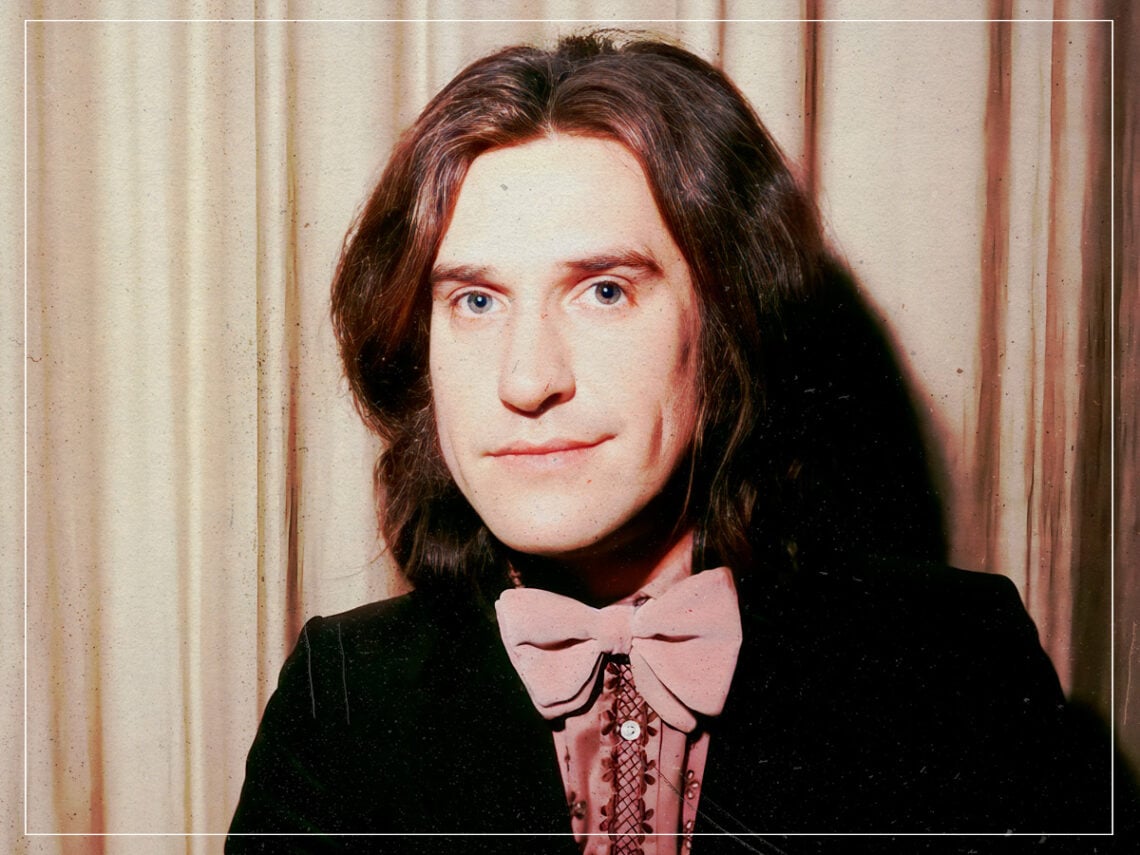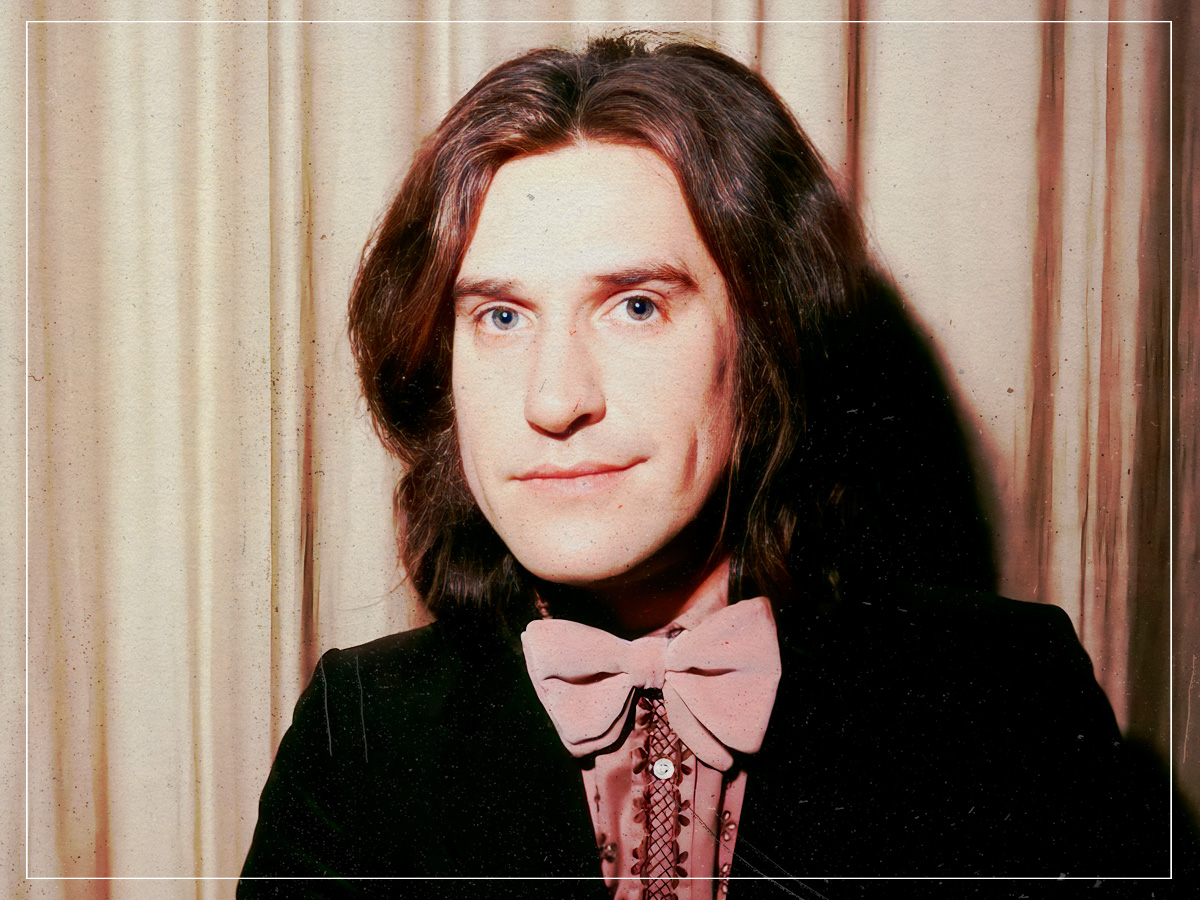
(Credits: Far Out / Alamy)
Mon 4 August 2025 17:30, UK
Nobody, regardless of how resistant to romanticism they are, can resist the impassioned power of The Kinks’ ‘Waterloo Sunset’.
London during the 1960s is so often viewed as a bright, colourful golden age for British music, fashion, art, and culture. While it is certainly hard to denounce those images, particularly given just how much of 1960s culture continues to influence the modern age, it is also important to remember that not everybody was afforded shopping sprees on Carnaby Street or front-row seats to Jimi Hendrix.
Ray Davies wrote for those Londoners who were struggling to make ends meet, still in recovery from the devastation of the Blitz and World War II. His songwriting was consistently rooted in the sounds, attitudes, and realities of working-class life in England’s capital. Sure, it was his groundbreaking mod-rock anthems like ‘You Really Got Me’ which first put The Kinks on the musical map, but efforts like ‘Dead End Street’ and ‘Waterloo Sunset’ cemented his quality, not just as a songwriter, but as a social commentator.
It was songs like these which guaranteed the legacy of The Kinks. After all, Davies couldn’t continue writing youth-focused, amphetamine-fueled anthems indefinitely. Some of his more mature efforts, like ‘The Village Green Preservation Society’, didn’t sell particularly well at the time but have since rightly been reappraised as some of the greatest releases of the era. ‘Waterloo Sunset’ firmly falls into that category.
Released in 1967 from the band’s Something Else album, ‘Waterloo Sunset’ marked a departure from the earlier sounds of The Kinks that audiences had grown to love. However, it also reflected one of Ray Davies’ biggest triumphs as a songwriter. Centred around a lonely figure in the grimy, bustling surroundings of Waterloo Station in London, as he looks around at all the romance and embracing couples around him, the song beautifully toes the line between melancholic isolation and a lush, comforting sense of love.
In order to achieve that unique atmosphere within the recording, Davies called upon the services of his then-wife Rasa Didzpetris, who provided backing vocals for the song. However, those contrasting voices were not the only secret weapon in Davies’ arsenal for the song. “With a song like ‘Waterloo Sunset’,” Davies once revealed to Rolling Stone. “I wouldn’t let the band hear the lyrics until I’d done the back track, because the subject matter was quite personal.”
“Fair due to the band,” Davies, a master of being understated, added. “They went with it, and we got good results.”
Although it seems as if Davies was withholding the lyrics from the band purely because of their personal nature, that tactic certainly had an influence on the inherent sound of the track. If you look at the words in isolation, the song is quite emotional and melancholic; had the band been creating the instrumentation at the same time as the lyrics, ‘Waterloo Sunset’ might easily have been a break-up anthem.
Instead, the band went ahead with a fairly upbeat backing track, spearheaded by that iconic Dave Davies guitar riff. As such, the instrumentation contrasts with the lyricism in a way which creates that ethereal sense of comfort, optimism, and romance. So, whether he meant it or not, Ray Davies’ withholding of the song’s lyrics was utterly instrumental in crafting the distinctive atmosphere and emotion of The Kinks’ legendary song.
Related Topics

